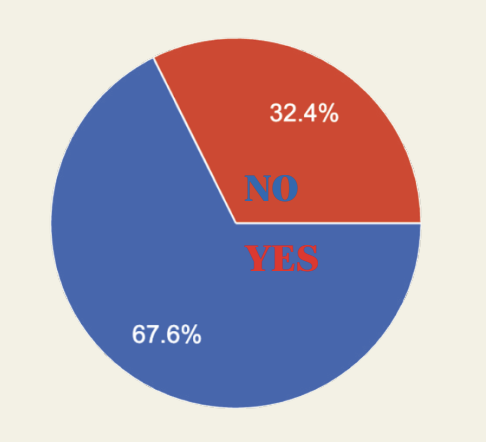Friends alum Tamara Gisiger ‘24 has taken her eleventh-grade history paper beyond the classroom, transforming it into a platform for advocacy that has resulted in significant changes in state laws. Her paper on the Mexican Repatriation –a largely overlooked chapter of U.S. history from the 1930s when millions of Mexicans (many of them U.S. citizens) were forcibly deported– has gained recognition from two California state senators, who are backing a bill to create a statue in Los Angeles commemorating the lives affected by the repatriation policy. Tamara reflects, “The fact that this piece of history will be remembered is extremely important for me and our community to make sure that we know about our past…and especially with everything going on with the elections, to make sure that it never should happen again.” Through her exploration of the Mexican Repatriation and her broader efforts of advocacy, Gisiger highlights the importance of remembering and memorializing overlooked histories and historical periods, as it is essential for understanding the past to prevent the repetition of historical mistakes. She hopes to see school boards integrating diverse histories into their curriculums, allowing future generations to feel represented in their education systems, and to learn the vital lessons that history teaches us.
Tamara’s advocacy began in high school when she noticed a lack of representation for the Hispanic community. She met with teachers and administrators, advocating for the inclusion of Hispanic histories and authors in the curriculum but wasn’t able to see significant changes during her time at Friends. Tamara advises current Hispanic Friends students to “Make sure that our history is acknowledged and not skipped over or skimmed over.”
After focusing on the Great Depression for a majority of her eleventh grade history class, Tamara decided to dive deeper into the period for her research paper, specifically looking at it from the Hispanic perspective. However, an issue arose as she began her research: she found very little written about the Mexican Repatriation, despite finding countless books discussing the Great De-
pression. Even her history-oriented family hadn’t heard about the topic. Discovering that this his-
tory was underrepresented in historical literature and often overlooked only deepened her interest
in researching and writing about the Mexican Repatriation.
Tamara’s research transitioned to advocacy when she was invited to write an op-ed for Fox News to raise awareness about the repatriation. Her op-ed led to offers from the United Nations to speak on panels, and to meeting two California state senators who were interested in her cause. Senators Josh Becker and Lena Gonzalez responded to Tamara’s advocacy by backing a bill to commemorate the Mexican Repatriation with a monument in Los Angeles.
For Tamara, the ultimate goal of this monument is to educate as many people as possible about the Mexican Repatriation, and to ensure that this important chapter of history is not forgotten. She explains, “It’s possible for it to happen, it has happened, and not enough people know about it and the impact it has on our community, our economy, and the families.” Tamara emphasizes that failing to acknowledge this history is not only a failure to recognize that history can repeat itself, but also a failure to recognize the harm that it continues to inflict on families and communities today. She urges educators to reflect on why such an important piece of history has been constantly overlooked, saying, “They should take a step forward and make an effort to teach their students [about it].” Tamara’s advocacy reminds us of the vital importance of ensuring that overlooked histories are not ignored, and it highlights the need for a more inclusive curriculum at Friends and in educational systems everywhere.














